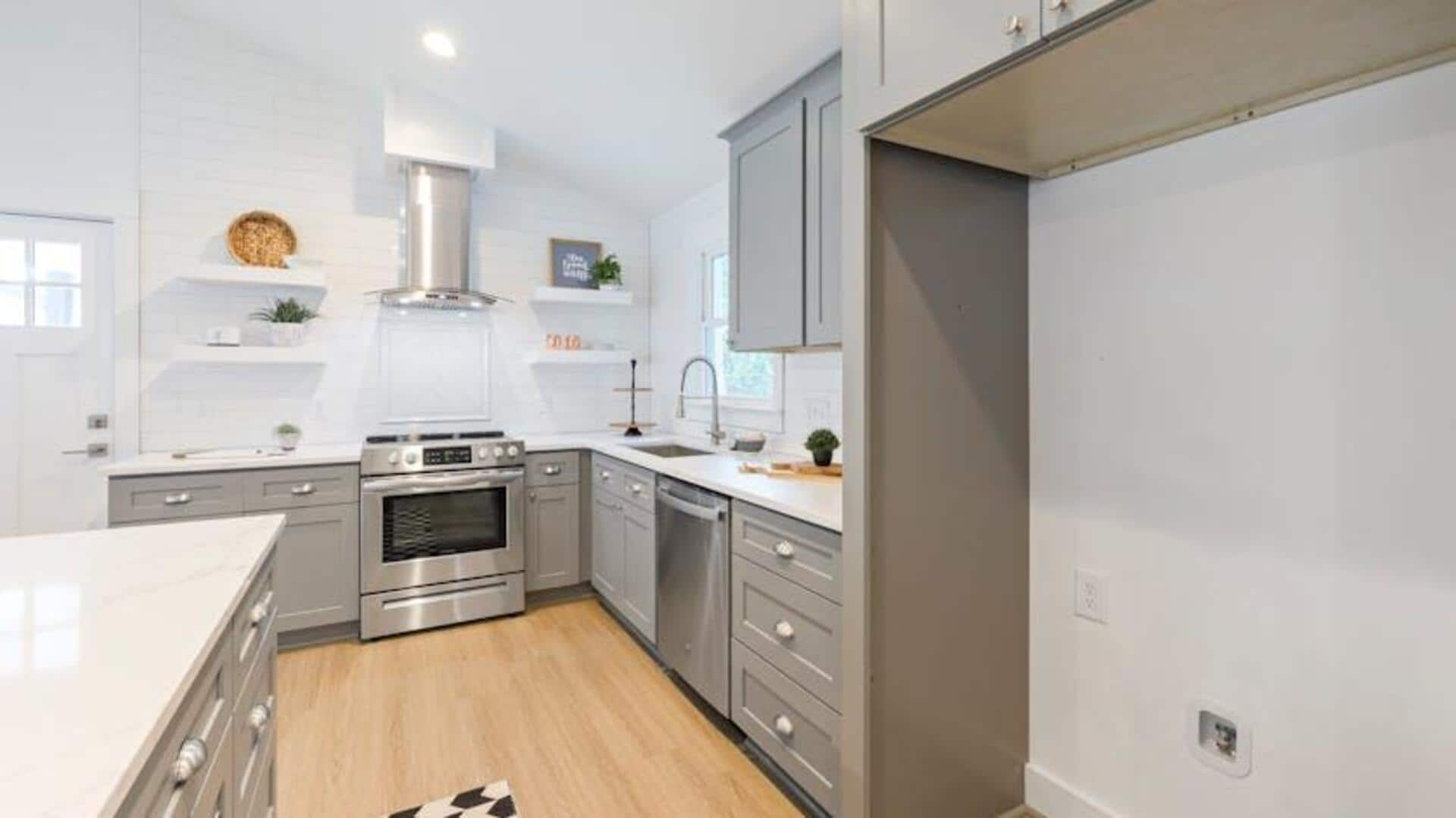
Crafting financially smart home renovation budgets in India
What's the story
In India, home renovation often turns into a financial headache without a well-thought-out plan.
With a smart approach, giving your home a facelift without draining your bank account is absolutely possible.
This article shares practical advice for creating a budget-savvy blueprint for your renovation project, guaranteeing every rupee is well spent.
Tip 1
Prioritize your renovation needs
Before starting any renovation project, make a list of all the changes you want to implement.
Divide these into "must-haves" and "nice-to-haves."
Prioritize structural repairs and essential upgrades, as these are crucial for the safety and functionality of your home.
This prioritization will help you allocate your budget more effectively, ensuring that critical aspects are not overlooked in favor of aesthetic changes.
Tip 2
Set a realistic budget
Figure out how much you can comfortably spend on your renovation without jeopardizing other financial goals.
Many people underestimate costs, resulting in unfinished projects or debt.
Research average costs for each part of the renovation in your area and add a buffer of at least 15% for unexpected expenses.
This way, you'll have a realistic idea of what you can afford.
Tip 3
Opt for cost-effective materials
Picking the right materials can make a huge difference in your renovation cost.
Shop around in local markets for good deals on tiles, fixtures, and fittings.
Opt for alternatives that provide durability and style without the high price tag.
For example, choosing laminate flooring instead of hardwood or modular kitchens instead of custom-built ones can save you a lot of money without sacrificing quality or looks.
Tip 4
DIY where possible
Labor costs are a major contributor to home renovation expenses.
Evaluate which tasks you can tackle yourself or with help from family and friends.
Projects like painting or installing shelves do not require professionals and can result in significant savings.
However, for electrical, plumbing, and structural work, it's crucial to hire professionals to ensure safety and compliance with local regulations.
Tip 5
Seek multiple quotations
Don't go with the first contractor you meet. Get detailed quotes from at least three different contractors before making a decision.
Make sure these quotes are detailed, including all aspects of labor and materials needed for the project.
Comparing quotes will help you find the most affordable option and give you an upper hand when negotiating.